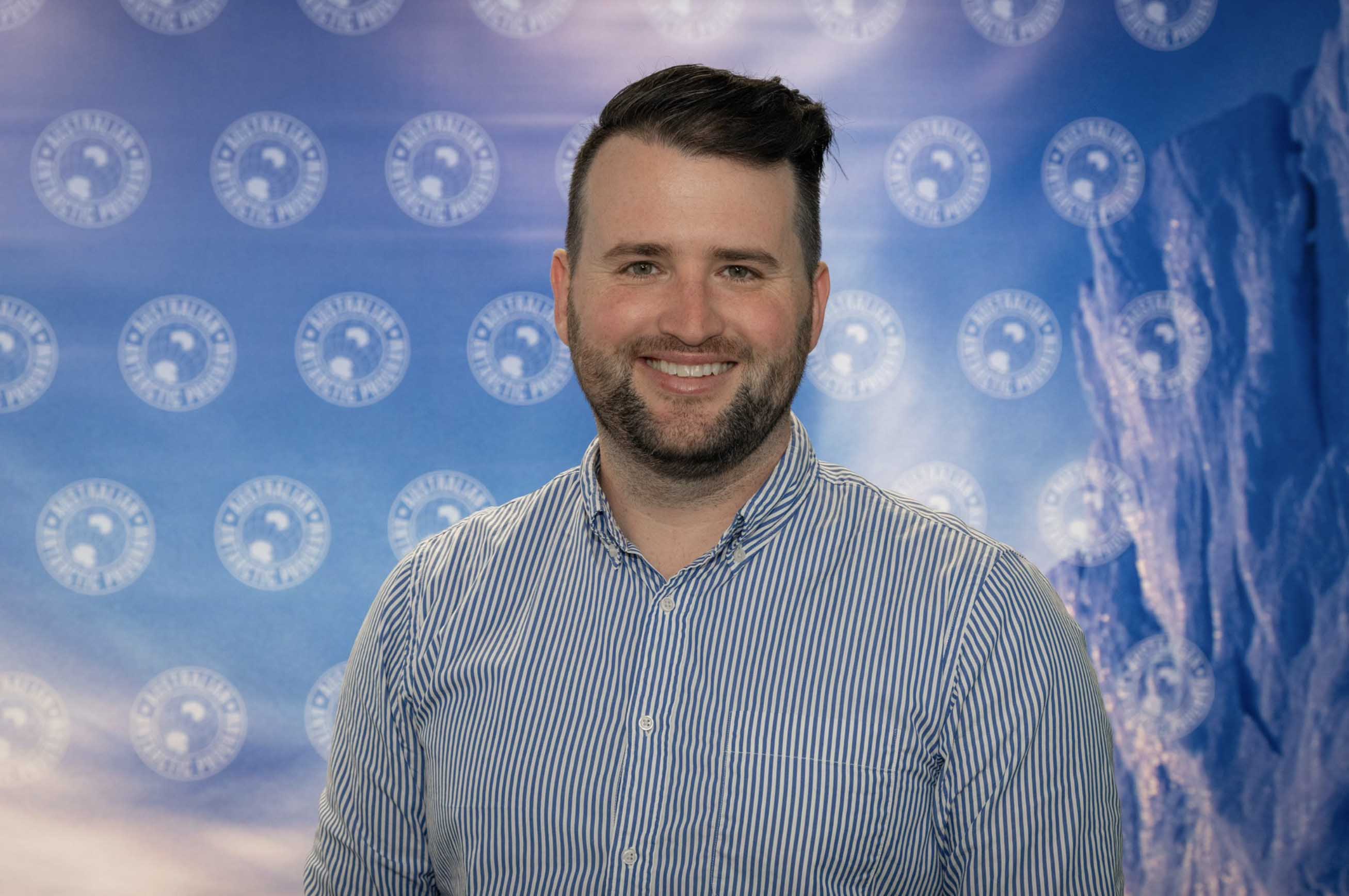ACRRM students, registrars and Fellows have one thing in common - a desire to See More, Do More and Be More. Whether they are working in central Victoria, on the rugged Western Australian coastline, in the tropics of North Queensland or the farmlands of New South Wales and further afield, they are committed to being the best Rural Generalist they can, supporting rural and remote people with excellent health care. Enjoy their stories here.
Many of our members at ACRRM have gone on to win awards. Check out our awards page here.
If you are an ACRRM Rural Generalist and would like to share your story, contact the membership team at membership@acrrm.org.au.
Since entering the field of medicine John has also worked for NASA and the European Space Agency developing medical training programs for astronauts and supporting the development of a mission to Mars. Read more of his story and how he is utilising technology to prepare for his 2021 placement in Antarctica below.
How important is technology in remote and extreme environments?
Remote and extreme environments include settings such as isolated communities in Australia, Antarctic stations, mountainous and desert environments, conflict zones, submarines, and spaceflight. Across all of these settings, the application of technology is essential for providing effective healthcare. Technology for point of care testing, imaging, clinical interventions, and telehealth support are freely available but not all are suitable for use in an extreme environment. Suitable technologies must be resilient, easy to maintain and calibrate, while also providing clinically relevant information. Coupling this with effective training is also essential to avoid the risks of misusing, underutilising or accidentally damaging equipment.
The Antarctic division is renowned for developing innovations in telehealth utilising frontier medicine technology. How have you been training for your placement in Antarctica in early 2021?
Each year the Antarctic Division’s Polar Medicine Unit provides a tailored training program for its Antarctic Medical Practitioners. This involves dental, surgical and anaesthetic training, and familiarisation with the technology developed by the Polar Medicine Unit for the world leading care they provide to Australian expeditioners in Antarctica. The integration of technology into a unified telehealth platform which is supported by a comprehensive electronic health record provides Australia with a unique capability within Antarctica and demonstrates Australia’s leadership in Antarctic medicine.
If there was one technology/piece of equipment you would want available where ever you were working - what would it be and why?
The opportunity to ask a colleague for advice remains a key component of providing effective medical care. Whether based in remote Australia or at an Australian Antarctic base, the advice of a colleague can be invaluable. I would therefore bring a phone or radio that would allow for this interaction.
The use of similar technology has been an essential component of the Australian Antarctic Program for generations; existing long before high-speed data uplinks, expensive telehealth devices, and real time video connections. Within Australia, we see the importance of the phone as a key tool for the provision of telehealth to remote populations with the Royal Flying Doctor Service’s medical chest program. Even aboard the International Space Station, medical advice can be provided to the orbiting astronauts by an audio connection with a doctor at Mission Control.
Although the range of telehealth devices keeps increasing, ultimately medicine is a team sport, so I choose the phone or radio as my one device.
Do you think doctors receive enough training in technology in order to do their jobs?
Everyone needs training with new technology but the scope of the training will often depend on the background of the doctor. More doctors are entering the medical field as digital natives who have long been integrated into the digital world. However, our profession still has a large number of digital immigrants who are adapting to, and adopting, the vast array of new technology which is available within the healthcare field. As the digital and technological revolutions continue, we must ensure that we are developing training programs which benefit people from both backgrounds to ensure equity within our system and engagement with emerging technologies.
What are the benefits of being able to access your medical education online - whether it be live (webinar) or self-directed (online course)?
Due to our unique geography, Australian’s are world leaders in the provision of remote education. Providing an online platform is particularly useful for rural and remote populations as it reduces the inequality across the rural metropolitan divide. Within the medical field, online education provides opportunities for rural practitioners to improve their skills and knowledge, which ultimately improves the care that their patients receive. As a rural generalist, I am passionate about improving the healthcare provided to rural and remote Australians; improving access to ongoing medical education for rural generalists is a key component of this.
Have you felt overwhelmed by ‘online fatigue’ (especially during COVID times) and if so, do you have any tips for moving past this?
As a doctor with the Australian Antarctic Division, it should come as no surprise that I enjoy a good adventure. Although I value and utilise online education and training, it’s also fair to say that not many great adventures happen when sitting in front of a computer screen. Recognising the reality of online fatigue is important, and while caffeine can help, balancing my time in the online world with my time in the real world is key to me staying productive.







